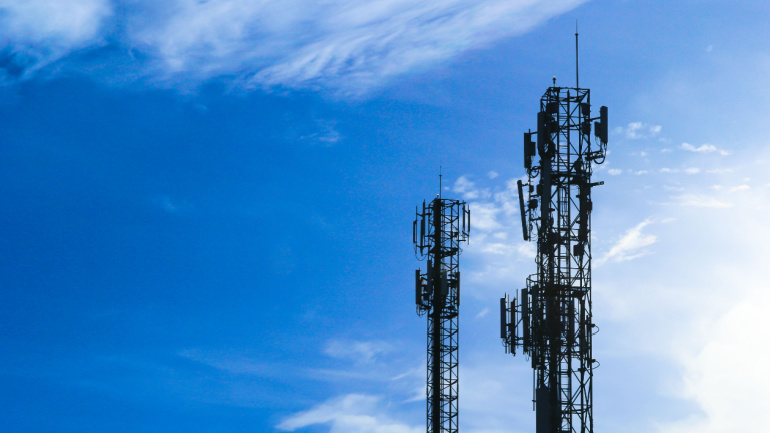Bell Canada Enterprises is making significant cutbacks, revealing plans to eliminate 4,800 positions which make up 9% of their total workforce. Citing a need to adjust to declines in legacy businesses and a challenging macroeconomic environment, the company hopes this strategy will result in substantial cost savings. Additionally, Bell Media plans to relinquish over half of its radio stations deemed no longer viable.
Telefonica, a leading international mobile operator, has made a strategic investment in Mitiga Solution, a pioneering firm dedicated to the management of climate-related risks. This move signifies a major step in combining advanced climate science with artificial intelligence to offer innovative solutions for assessing environmental risks.
Broadband for the Rural North (B4RN) is making waves in connectivity by enhancing its network backhaul speeds to a staggering 400Gbps. This progress, ten times that of its previous capacity, paves the way for improved bandwidth, latency reduction, and an entirely modernized scope of rural connectivity.
In a groundbreaking effort to enhance healthcare access and outcomes in Upstate New York’s rural areas, the University of Rochester Medical Center (URMC) has unveiled a novel initiative. This pioneering project introduces telehealth stations within local bank branches, aiming to mitigate the healthcare accessibility gap faced by rural communities.
In a significant security incident, US telecom giant Verizon suffered a serious data breach impacting over 63,000 workers. Despite occurring last September, the leak wasn’t detected until December. Delving into the possible causes reveals potential insider wrongdoing. With the exposed data consisting of extensive personal details, Verizon claims that it hasn’t been shared externally yet. As the company probes into the breach, it offers its affected staff credit monitoring and identity theft protection for two years.
Local government digital leaders across England, Scotland, and Wales continue to prioritize gigabit broadband rollout, viewing it as essential for connectivity improvements, despite differing opinions on 5G and a lagging focus on environmental sustainability. This was highlighted in a recent survey conducted by FarrPoint, a UK-based connectivity consultancy, which released its findings from a December 2023 study involving councils from various regions.
In an exhilarating turn of events, telecommunications titan Ericsson collaborates with the renowned Indian Institute of Technology Kharagpur for pioneering research in AI, Compute, and Radio technology, with a spotlight on 6G development. This theoretical partnership is set to stir groundbreaking headway in fundamental and applied study in the Radio realm, significantly marking India as a technological innovation hub.
Ofcom, the UK’s telecom regulator, wields new measures to curb fraudulent calls and misuse of Calling Line Identification data internationally. This initiative directly targets scammers exploiting loopholes to feign UK numbers. While exceptions exist for legitimate overseas use, maintaining the balance without obstructing genuine calls is an imperative yet challenging pursuit.
SK Telecom, in collaboration with Intel, has made a groundbreaking advancement in core network technology, promising a significant reduction in communication delays and an enhancement in service efficiency, pivotal for the upcoming 6G networks. The innovation could slash communication latency by as much as 70% and boost service efficiency by approximately 33%, marking a significant leap forward in network performance.
Alternate network operators, the so-called ‘altnets’, are on the cusp of revolutionizing digital infrastructure with their subscriber-tailored fibre networks. Brand trust and consistency are crucial in this venture, eyeing lifelong monetization rather than mere reach. This extends beyond merely providing a network ‘highway’, enhancing user experiences. While speed and pricing have been traditional differentiators, custom in-home experiences are now taking the spotlight.













